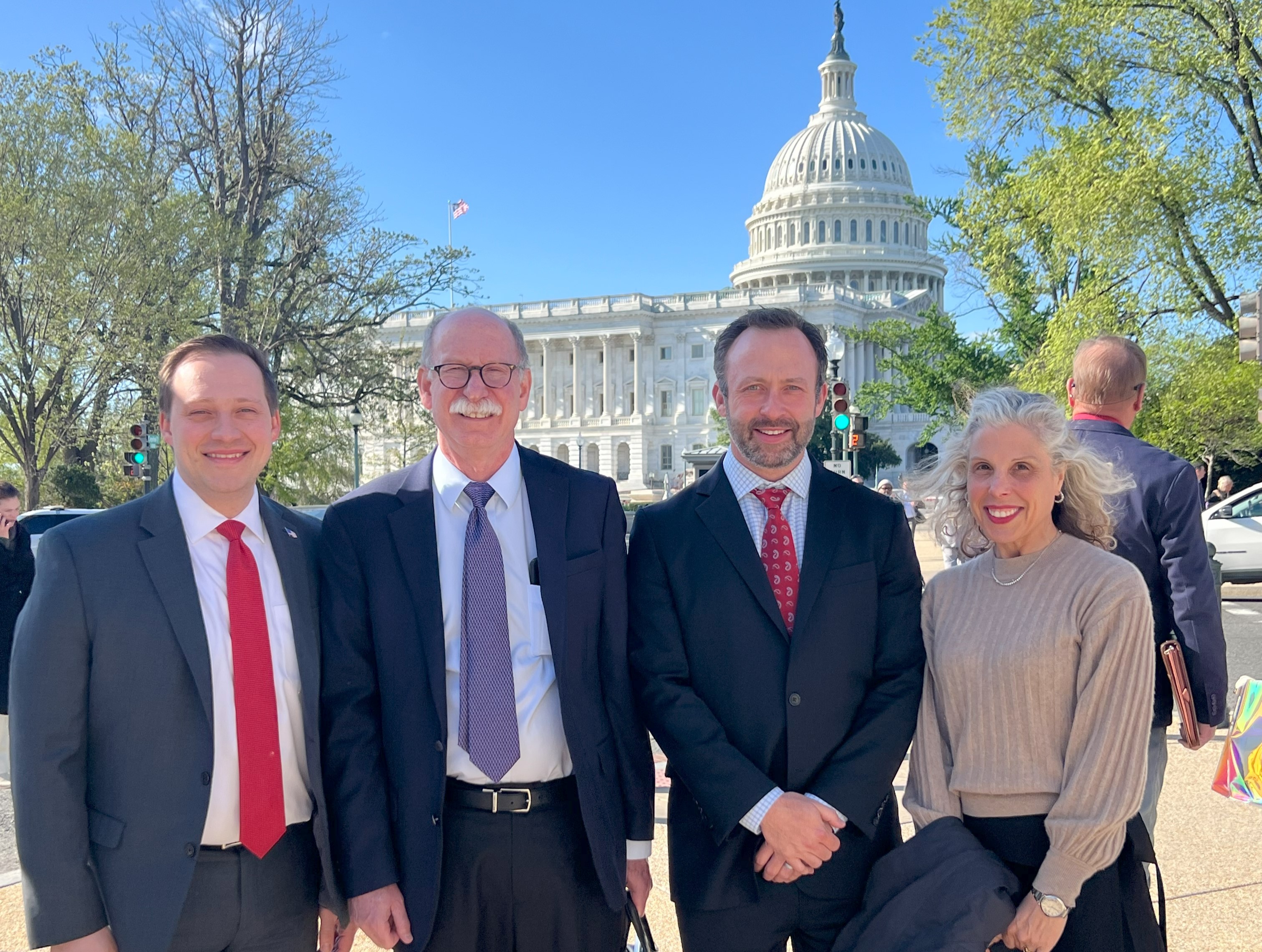LUGPA Policy Alert - Delaware Removes Cost-Sharing for Prostate Cancer Screenings
On October 28th 2024, Delaware Governor John Carney signed Delaware House Bill 302 into law, which will require health insurance policies to cover prostate cancer screenings for men at risk. The bill expands coverage to include various screenings and clarifies the age requirements for coverage, ensuring that men at average and higher risk have access to necessary screenings. Key Provisions of HB 302: Comprehensive Insurance Coverage: HB 302 mandates that all health insurance policies in Delaware provide coverage for prostate cancer screenings, filling a vital gap and ensuring these services are covered even if not part of routine or annual exams. Expanded Types of Screenings: The bill expands the types of prostate screenings covered to include PSA (prostate-specific antigen) tests, digital rectal exams, and related laboratory work. This comprehensive approach reflects the diverse needs of patients and supports early detection through multiple screening methods. Clear Age-Based Screening Guidelines:
This significant step aligns with a growing number of states that recognize the importance of early detection in managing prostate cancer. Delaware now joins Tennessee, Illinois, Rhode Island, New York, Maryland, Oregon, and Kentucky in enacting similar laws aimed at expanding access to life-saving prostate-specific antigen (PSA) screenings. Prostate cancer remains one of the most significant health threats to American men, ranking as the second leading cause of cancer-related deaths. Unfortunately, in recent years, a troubling resurgence in prostate cancer cases has been observed, largely driven by decreased screening rates following the U.S. Preventive Services Task Force's (USPSTF) 2012 recommendation against routine PSA screenings. Early detection is key to effective management, as it allows prostate cancer to be treated at its early stages, when treatments are more effective and less costly. Studies have shown that prostate cancer screening saves one life for every 11 to 14 men diagnosed, underscoring its life-saving potential. Reduced screening rates have led to more advanced, harder-to-treat prostate cancer cases, significantly increasing both health risks and treatment costs. State Legislative Efforts Several states, including Delaware, have taken proactive steps to eliminate cost-sharing for high-risk men, ensuring broader access to prostate cancer screenings:
Fiscal analyses of these measures have shown minimal impact on state spending and insurance premiums. For example, Maryland reported a modest premium increase of only $0.35 per person annually, while Kentucky expects long-term cost savings due to improved early detection and outcomes. LUGPA has actively worked with both state and national advocacy groups to support this legislation, recognizing its potential to significantly improve early detection of prostate cancer. Expanded access to screenings under HB 302 will enhance the ability of at-risk men to access life-saving screenings and reduce late-stage diagnoses. LUGPA Board Member Nathan Diller attended the bill signing on behalf of LUGPA. HB 302 continues the momentum for increased screening access across the country and reinforces LUGPA’s commitment to advancing preventive care and supporting urology practices in delivering vital services to at-risk patients.
|





